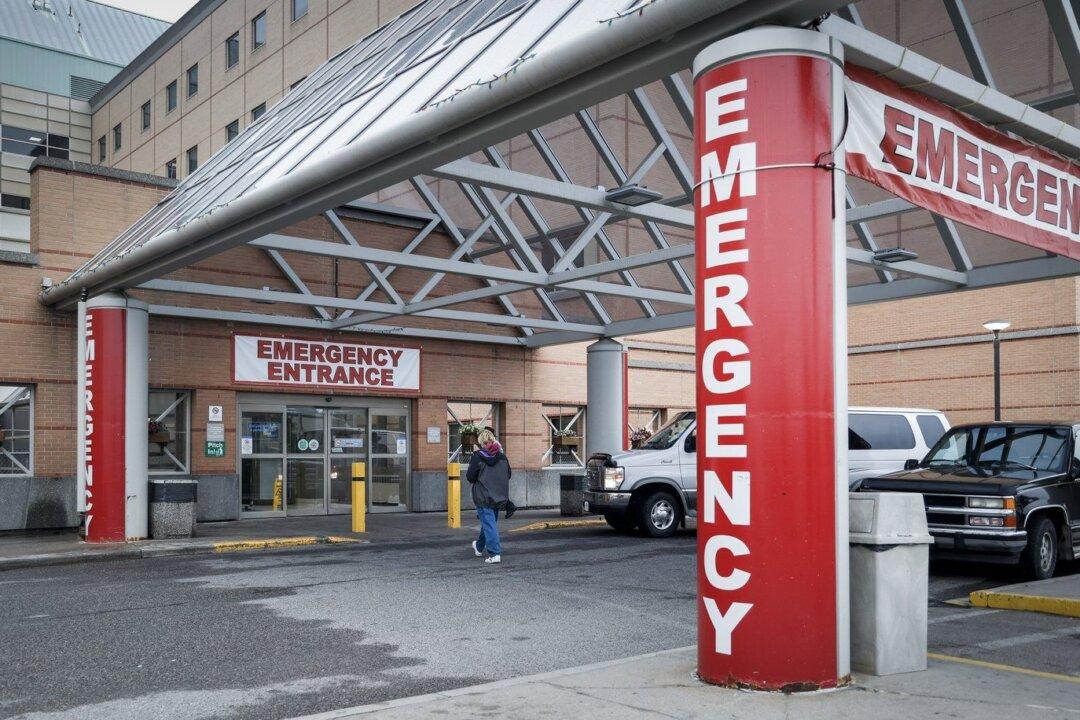A successful Saskatchewan program could serve as a roadmap to tackling the ever-growing issue of long health-care wait times in Canada, says a new study from the Fraser Institute.
The province launched the Saskatchewan Surgical Initiative (SSI) in 2010 to address escalating medical wait times by using private clinics for essential non-emergency surgical procedures such as knee and hip replacements.





